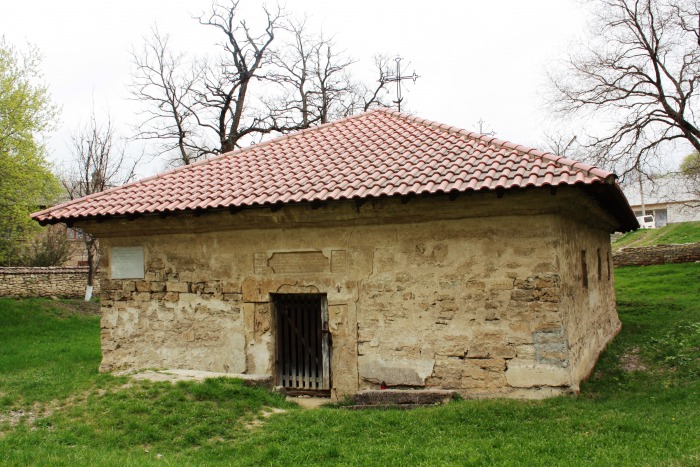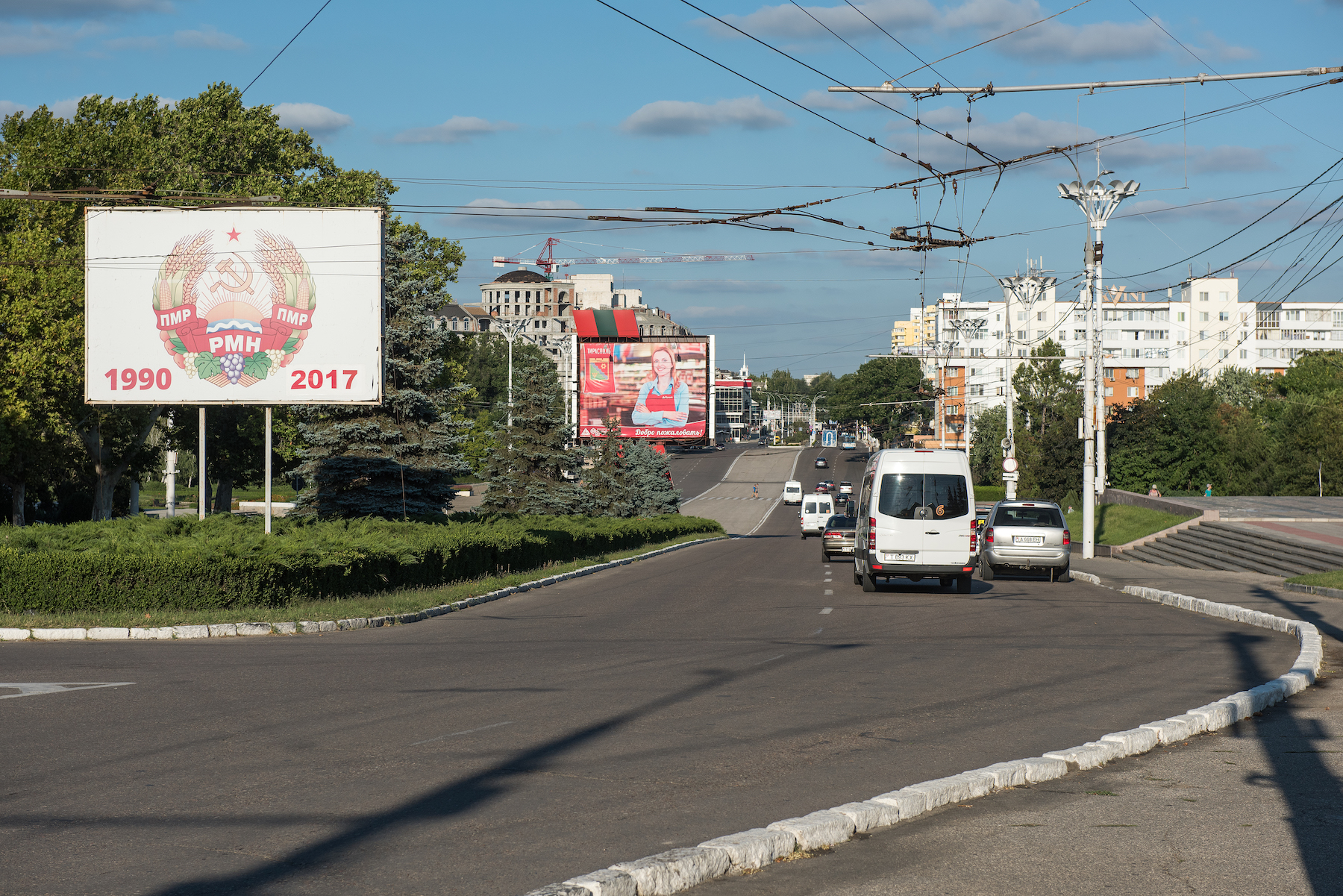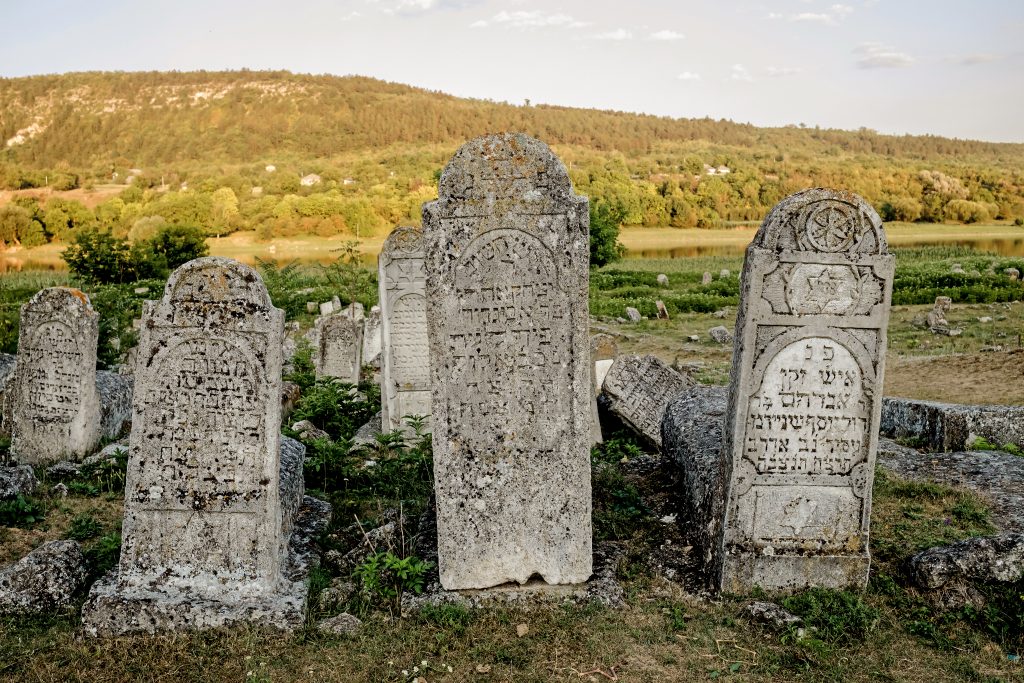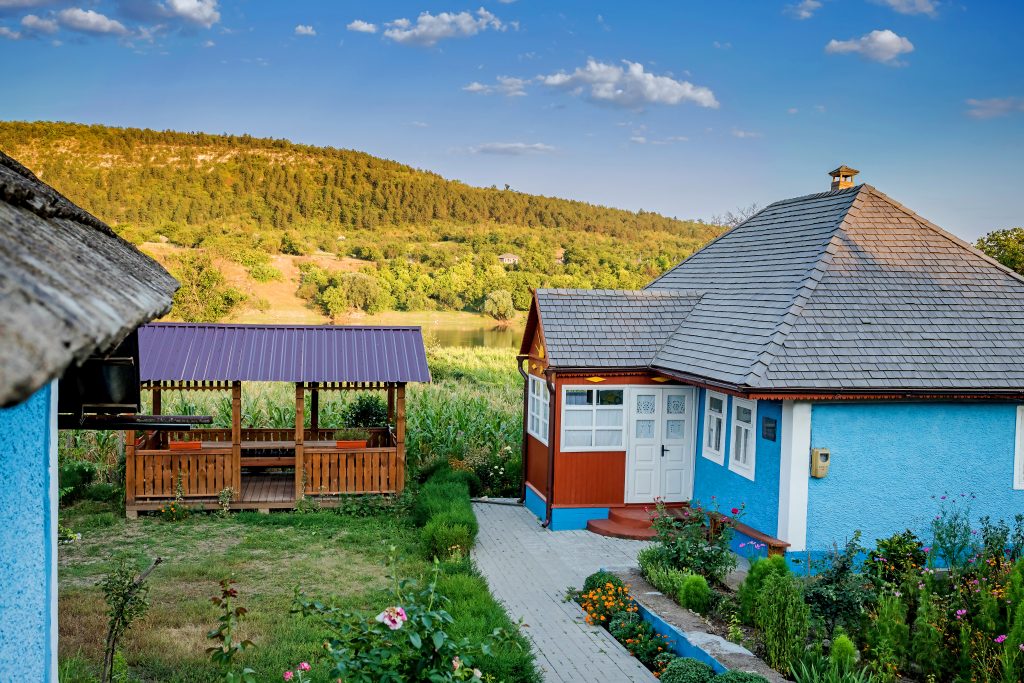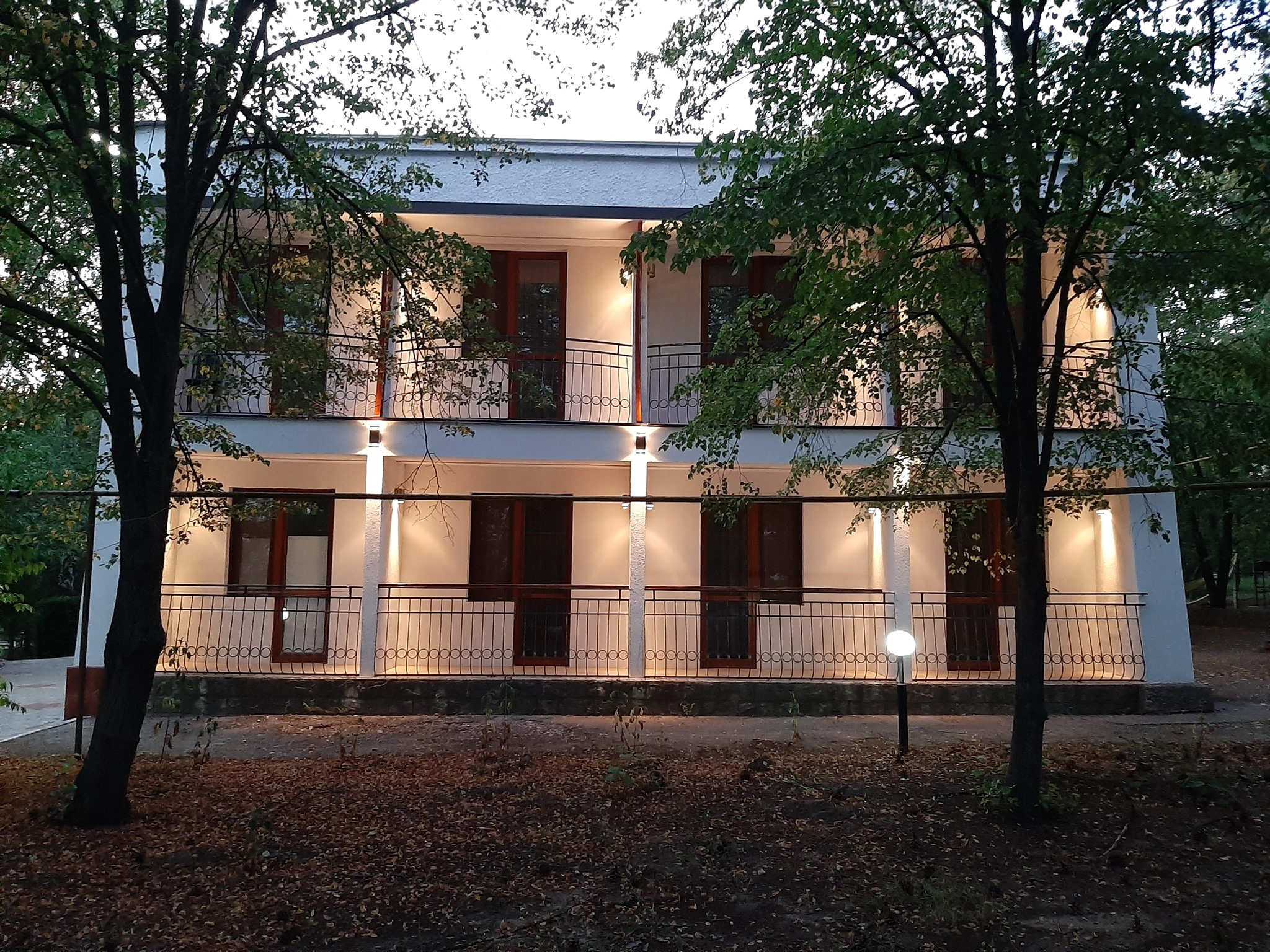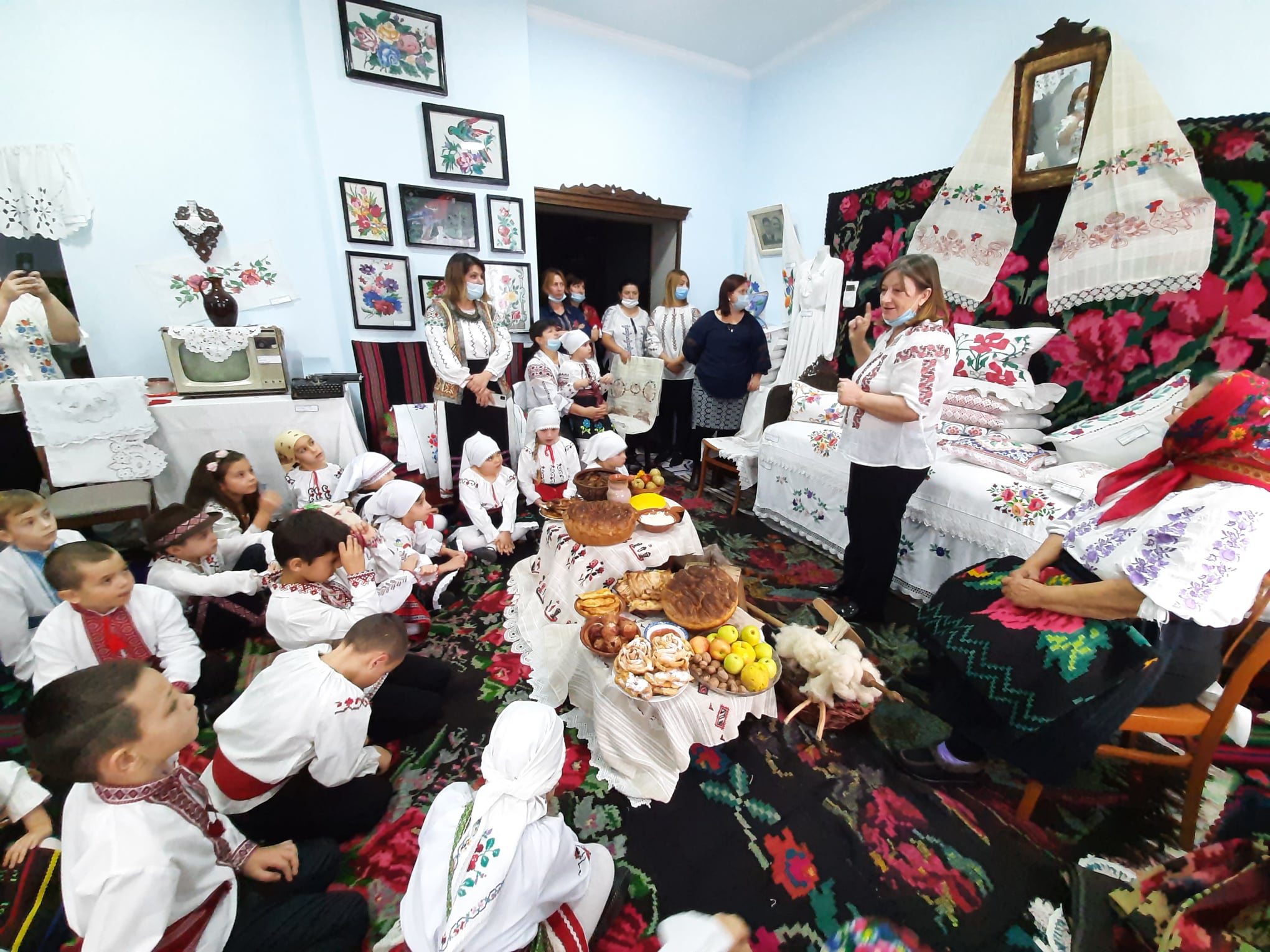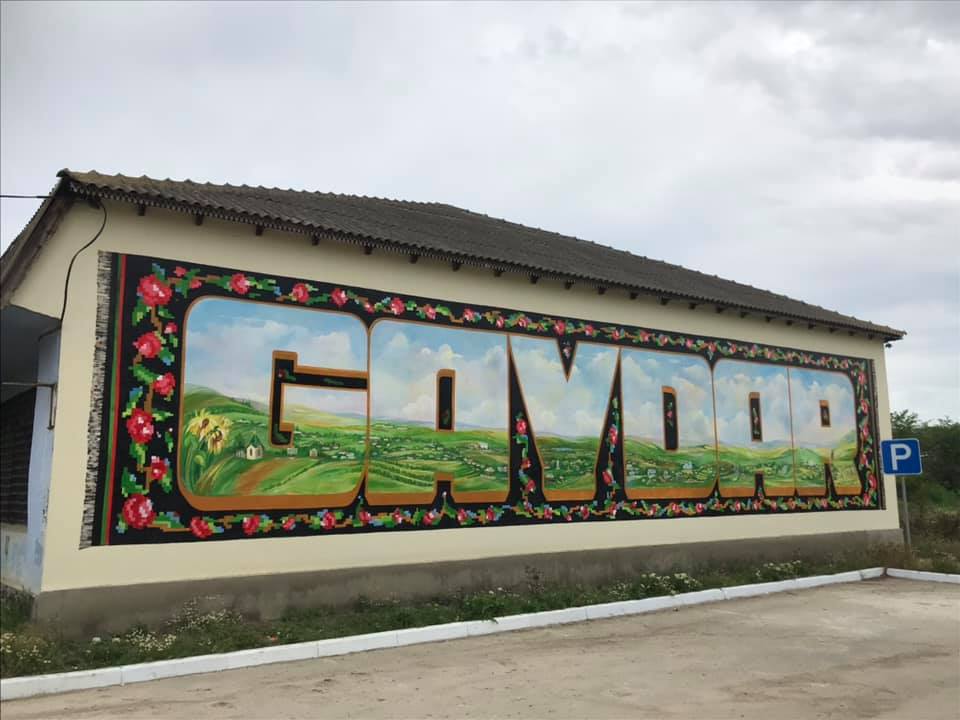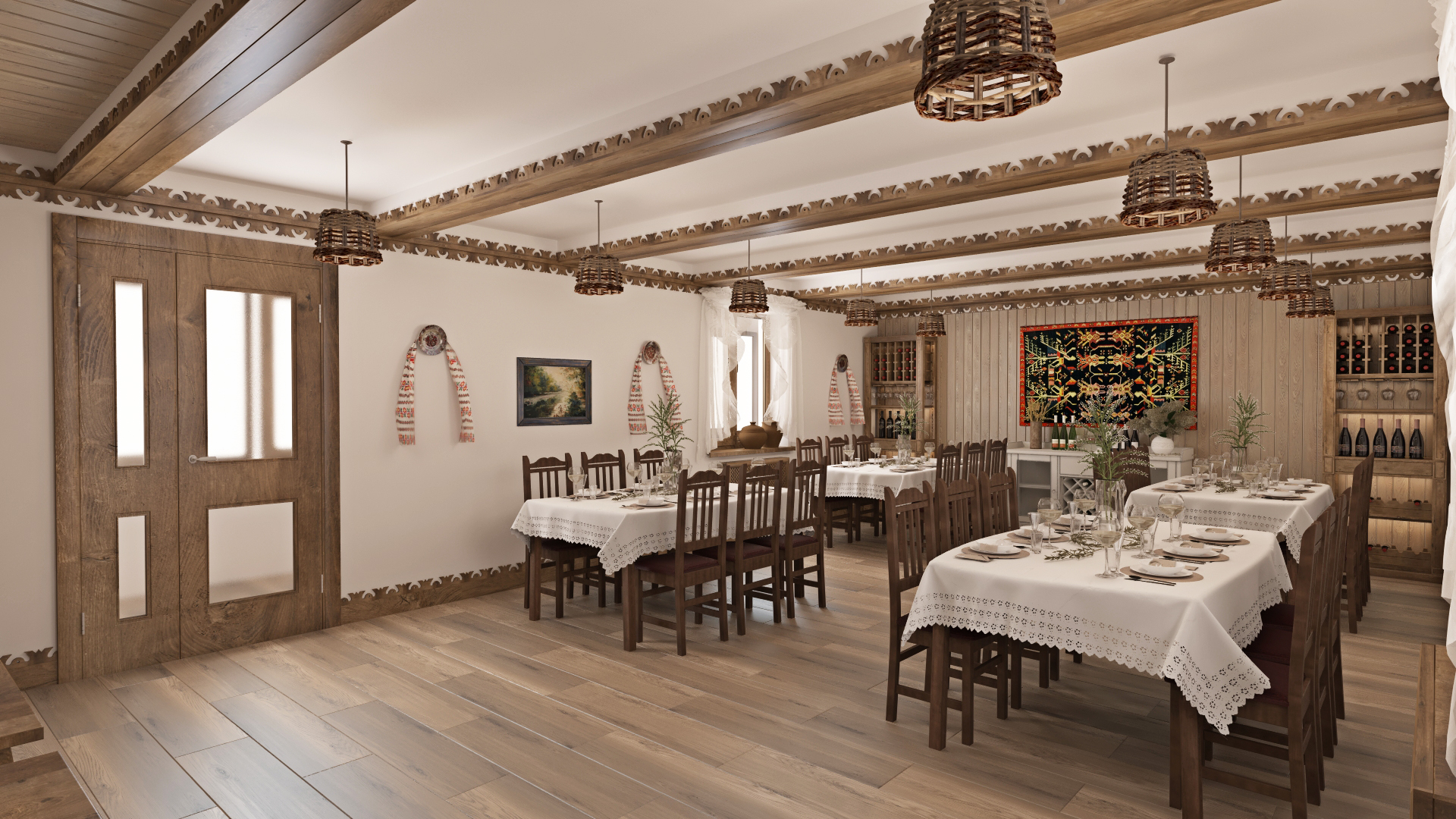Unique architectural monument in the eastern Carpathian space, the “Adormirea Maicii Domnului” Church in Causeni is built at the turn of the seventeenth and eighteenth centuries. This church is amazing and provides an optical illusion: although it looks small on the outside, the interior surprises with the generosity of its space. The church is located below ground level (being “semi-buried”), as Causeni was part of the Bugeac raya, respectively was subject to Ottoman laws that provided that churches should not be higher than the base of the roof of mosques and should not exceed a certain size. The paintings of the building date since 1763, being the work of painters Stanciul Radu and Voicul.
“Adormirea Maicii Domnului” Church in Causeni
Transnistria
If you arrive in Moldova and want to catch a feel of the former Soviet Union, then Transnistria is a must-visit destination. It is a self-proclaimed separatist region, emerged in the result of a civil war in 1990, and controlling that part of the territory of the Republic of Moldova, located east of the Nistru (left bank), but also six villages, as well as the municipality of Tighina, located west of the Nistru.
Jewish cemetery at Vadul Rascov
The Jewish Cemetery of Vadul Rascov is a representative monument of Jewish community. People say that the Jewish cemetery here is the largest in the Republic of Moldova and one of the largest Jewish cemeteries in the Southeast Europe. Currently, there is not a single Jewish family living here, however the history of many families has left its imprint on the culture of the village.
Dumitru Matcovschi’s House-Museum
In Vadul-Rascov village one could find the House – Museum of the poet and playwright Dumitru Matcovschi. The Author created more than 50 volumes of poetry, prose and theatre plays. The house-museum preserves the authentic architecture alongside with the household that has always been known as a well-groomed one. The Dniester River runs next to the garden of the House-Museum, which creates a picturesque atmosphere, as if taken from the fairy tales.
Tourist guest house La Nistru
La Nistru guest house is located in Molovata Nouă, a special location, on the Left Bank of the Nistru River, in Codru vine and wine area. It all started back in 1970, when the location was known as the summer camp on the Dniester River. It was here that children rested during their summer holidays. Its history takes on a different scale in 2019, when at the initiative of the proprietors, the construction of an agro-tourist guest house was launched, which currently offers accommodation, restaurant, terrace, patio and playground for children. The business is also proud of its bakery that provides the camp and the guest house with fresh goodies all year around.
History Museum of the village of Slobozia Mare
The History Museum of Slobozia Mare is a small, but very beautiful museum with 11,000 exhibits. In fact, it wasn’t always a museum. During the Second World War, the Village Hall and the Border Guard Unit Headquarters were in this building. After the war, there was a hospital for typhus and dystrophy patients in it, then a school, and it was legitimized as a Museum in 1988. In the Peasant House hall, visitors often get lost in details and things. The Memory Room, dedicated to the organized famine, the deportations and the participants in World War II, is dramatic. This museum represents a valuable resource for those interested in the history of the locals.
Old Church of the Shroud of Mother of God
In Cahul, there is an old church of the Shroud of Mother of God. The Lipovans, old-believers, have built in Cahul a place of worship. The church was built of red brick and it has coloured stained glass windows and metal doors. It also had a cell and a library that were not preserved. The bell tower has crumbled and the original version of the murals was not preserved. Having been renovated in 1913, the church was closed in 1963, when the nearby cemetery, where “soldiers killed in Russo-Turkish wars were buried in mass graves”, was demolished. In 1989, on the initiative of the president of this religious community at the time, the church was renovated and restored, the works being completed in 1994.
Living Carpet Museum
In the village of Beshalma, there is a Living Carpet Museum. The handmade carpets created following 150-year-long traditions are the pride of the village. Besides the history of this craft that can discovered during a visit to the museum, the visitors can learn about all the stages of making a carpet. The aim of the museum is to preserve the inherited ancestral traditions and to inspire the new generations to love and preserve the elements of the cultural heritage.
“Trei Pastori” Tourist Guesthouse
“Trei Pastori” is a relatively new Guesthouse. Why relatively new? Because until recently it was a summer camp for children. In 2020 it went through major renovation and turned into a comfortable hostel offering room to accommodate 30 tourists. It is located amidst the nature, while on its territory there is a nice lake / outdoor swimming pool, terrace, patio, barbeque. The guesthouse is built in a rustic style, while each room is decorated with traditional elements (carpets, stoves) and the bathroom. In the guest house there is also a restaurant where you can pre-order delicious traditional dishes. If you want to break away from the urban agglomeration and spend a weekend in an area with traditions, in a picturesque and hospitable environment, then this is a perfect place to go.
